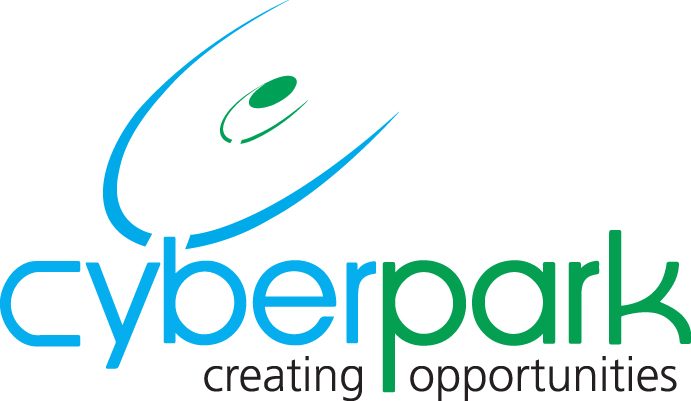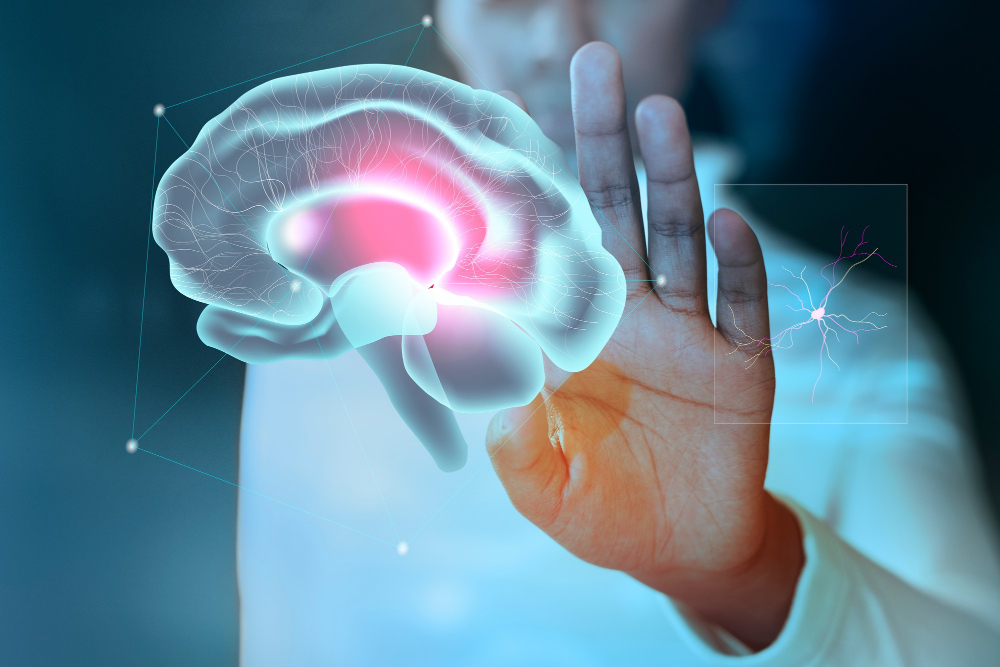Patients, doctors, and hospital managers all have their lives made easier by artificial intelligence, which completes activities that would ordinarily be completed by humans in a fraction of the time and at a fraction of the expense. Through machines that can predict, comprehend, learn, and act, AI is redefining and reviving modern healthcare, whether it’s employed to identify new connections between genetic codes. Here are a few ways in which AI is assisting the medical world:
The Impact of AI on Medical Diagnosis
Around 400,000 hospitalised patients experience avoidable damage each year, and 100,000 of them pass afterwards. Given this, one of the most intriguing applications of AI in healthcare is its potential to enhance the diagnosis process. (thewriteofyourlife.org) Large caseloads and incomplete medical histories can result in fatal human errors. Because AI is immune to these factors, it can identify and forecast disease more quickly than the majority of medical practitioners.
The Importance of AI in Drug Discovery
Increased development expenses and labour-intensive research are holding up the drug development business. Only 10% of medications that go through clinical trials are successfully brought to market, costing an estimated $1.3 billion on average. Technology advances have caused biopharmaceutical businesses to swiftly realise the effectiveness, precision, and understanding that AI can offer.
The Changes AI Is Making to the Patient Experience
Time is money in the healthcare industry. Hospitals, clinics, and doctors can treat more patients each day by effectively delivering a smooth patient experience. The patient experience is being streamlined by new advancements in AI healthcare technologies, which are enabling medical staff to handle millions, if not billions, of data points more quickly and effective.



 Space Enquiries
Space Enquiries

